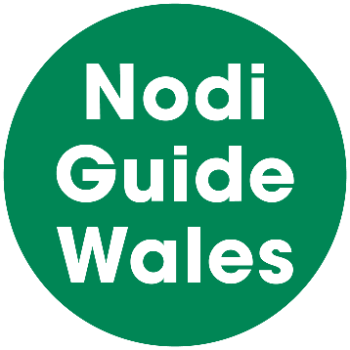A: SenseCheck

- 0 Yes
- 0 No
- 1 Other
- 01 Nov 2024
-
Other
|
Complex
Can't answer yes or no.:
A CYP will have ALN if they have a learning difficulty or disability which calls for ALP: s.2(1) ALNET.
A CYP of compulsory age or over has a learning difficulty or disability where they (s.2 (2) ALNET):
- have a significantly greater difficulty in learning than the majority of others of the same age, or
- have a disability for the purposes of the Equality Act 2010 (c. 15) which prevents or hinders them from making use of facilities for education or training of a kind generally provided for others of the same age in mainstream maintained schools or mainstream institutions in the further education sector.
A child under compulsory school age has a learning difficulty or disability if:
- they are likely to have a learning difficulty or disability when they reach compulsory school age; or
- are likely to have a learning difficulty or disability when they reach compulsory school age if ALP is not made.
A CYP will have a significantly greater difficulty in learning where they require ALP. ALP is educational or training provision that is additional to, or different from, that made generally for others of the same age in mainstream nurseries, schools or institutions in Wales: s. 3 ALNET. When considering whether a person has a learning difficulty it is not necessary to consider if it is “significant,” because if it is it will call for ALP: s.2.20 ALN Code 2021.
If the person is under 3, additional learning provision means, “educational provision of any kind.” s.3(2) ALNET.
The Code (paragraph 20.16) says that where a CYP’s progress continues to be less than expected and the application of differentiated teaching or standard targeted interventions have failed to address the attainment gap between the child or young person and their peers, this would usually indicate that the CYP may have ALN.
A person does not have a learning difficulty or disability solely because the language used to teach them will be different from language used at home: s.2(4) ALNET.
Being ‘more able and talented’ does not amount to a “difficulty in learning” for these purposes. These CYPs may require enhanced opportunities and challenge in order to reach their full potential, but this ought to be provided as part of differentiated teaching and is not ALN: para 2.81 ALN Code 2021.
Bringing all the guidance together, Nodi considers that a useful test to apply is as follows:
1/ Does the CYP have a greater difficulty in learning than others of the same age? OR
2/ Does the CYP have a disability, which prevents or hinders them from making use of facilities for education or training of a kind generally provided for others of the same age in mainstream maintained schools or mainstream institutions in the further education sector?
If the answer to both these questions is ‘no’ then the CYP will not have ALN. If the answer to one or other of these questions is ‘yes’ then the second stage of the test is:
3/ Does the learning difficulty or disability call for educational or training provision to be made that is additional to, or different from, that made generally for others of the same age in mainstream nurseries/schools/FEL’s in Wales (or if under 3 education or training provision of any kind)?
If the answer is ‘yes’ then the CYP will have ALN.

|
Comment